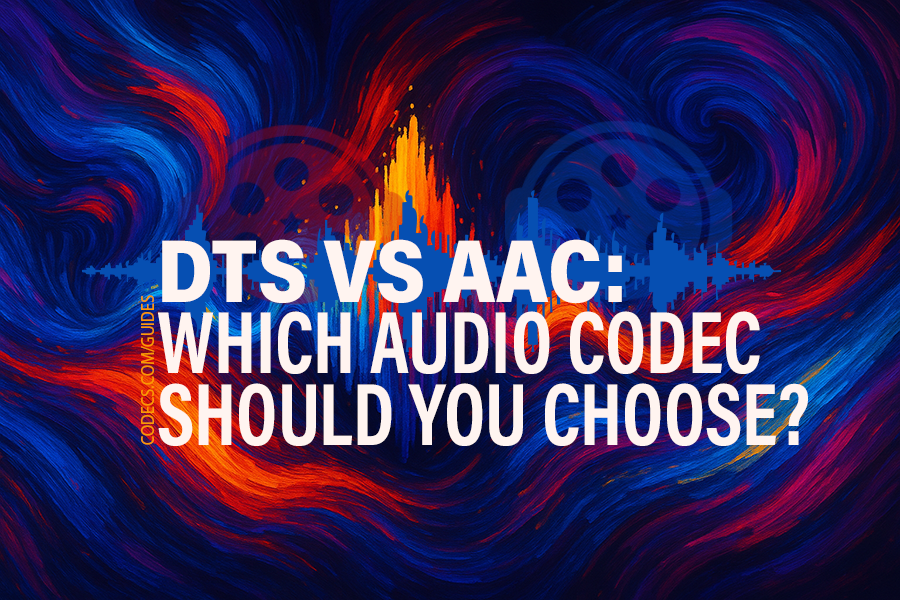When comparing audio codecs, DTS (Digital Theater Systems) and AAC (Advanced Audio Coding) often top the list. Both deliver excellent sound - but they serve different use cases.
Key Differences That Matter
DTS (Digital Theater Systems) delivers uncompressed, cinema-quality audio with superior dynamic range.
Perfect for audiophiles and home theater enthusiasts who want maximum sound fidelity.
AAC (Advanced Audio Coding) provides excellent quality at much smaller file sizes.
It's supported by virtually every modern device and streaming platform.
Performance Comparison
| Factor | DTS | AAC |
|---|---|---|
| File Size | Large (4:1) | Small (18:1) |
| Device Support | Limited | Universal |
| Audio Quality | Excellent | Very Good |
| Streaming | Poor | Excellent |
| Home Theater | Superior | Good |
Real-World Performance
AAC achieves comparable perceived quality at lower bitrates compared to DTS, making it more efficient for most users.
However, DTS provides noticeably better dynamic range on high-end audio systems.
Compatibility Reality Check:
Most TVs don't support DTS natively, often defaulting to AAC or other formats for playback.
Our Recommendations
For Home Theater Enthusiasts:
Download one of these software:
DTS Audio Processing
DTS Sound Unbound for maximum audio fidelity and multi-channel support.
For Everyone Else:
Get AAC codec bundle for the best balance of quality, compatibility, and file size.
Need Format Conversion?
Use an audio encoder tool to switch between DTS and AAC based on your playback device.
→ See also Audio File Conversion Made Easy with foobar2000, it may help you handle both formats - with some extra Components installed.
















How to Download HEVC Video Extension for Free
First I tried extension from manufacturer link in directly from app, but install button was grayed out. then I ...
Read More →Don't Open .xmpeg Files Before Reading This
A downloaded torrent contained a large xmpeg file. In addition there was an mp4 video file which claimed you ...
Read More →Is my PC able to play H.265 / HEVC media file...
Thanks, bro! Very helpfull
Read More →